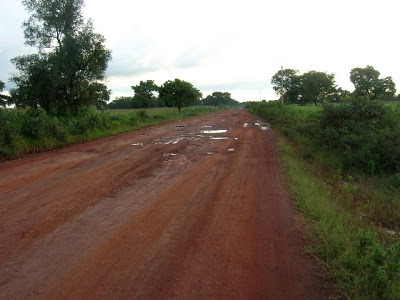Second City
It’s not a compliment, and Chicago has seldom taken it as one. Sure, the name has come to mean the comedy troupe not a comedic trope, but still … the City of Big Shoulders doesn’t like to come in second in any way.
I learned on last Monday’s boat tour, though, that Chicago was first called the “Second City” in 1890, when it came in second to Philadelphia in U.S. population.
That the metropolis had grown so quickly after the devastating fire of 1871 — which killed 300 people, scorched 2,000 acres and left a third of the city’s population homeless — made it a good kind of “second city.” But subsequent references have left a lot to be desired.
Today I travel to New York for an overnight stay. It will be my second city of the week. So there you go, Chicago. For me, for this week (and this week only), you’re the First City. And New York, sorry, you’re the Second.



